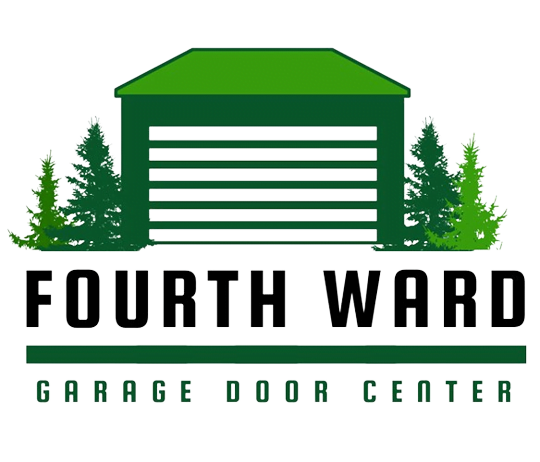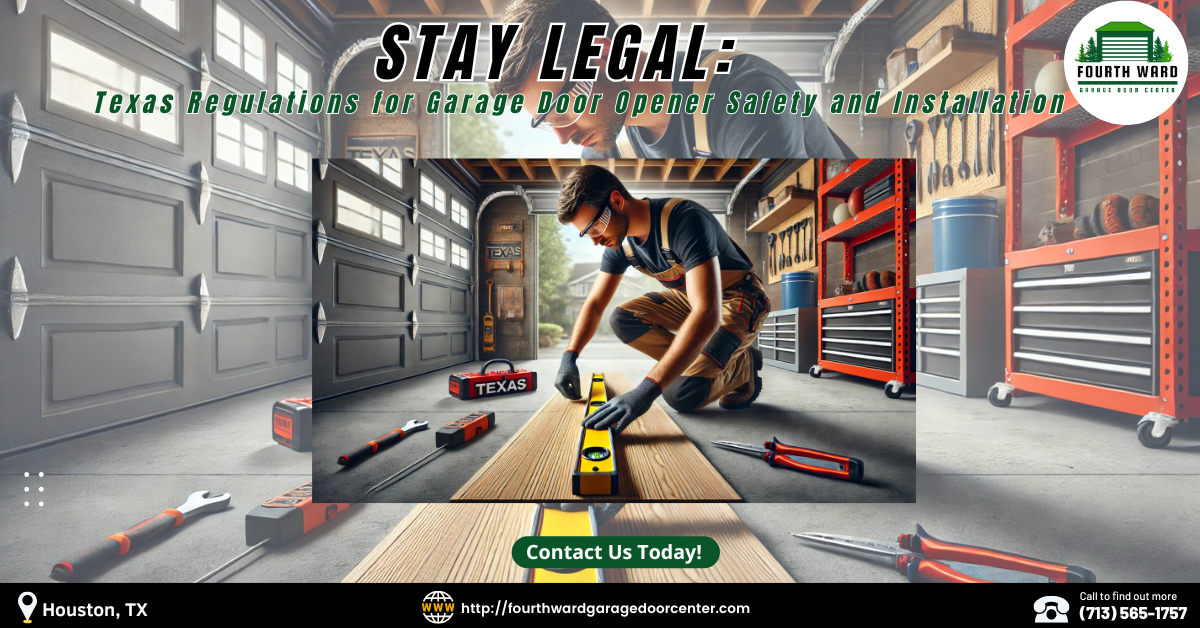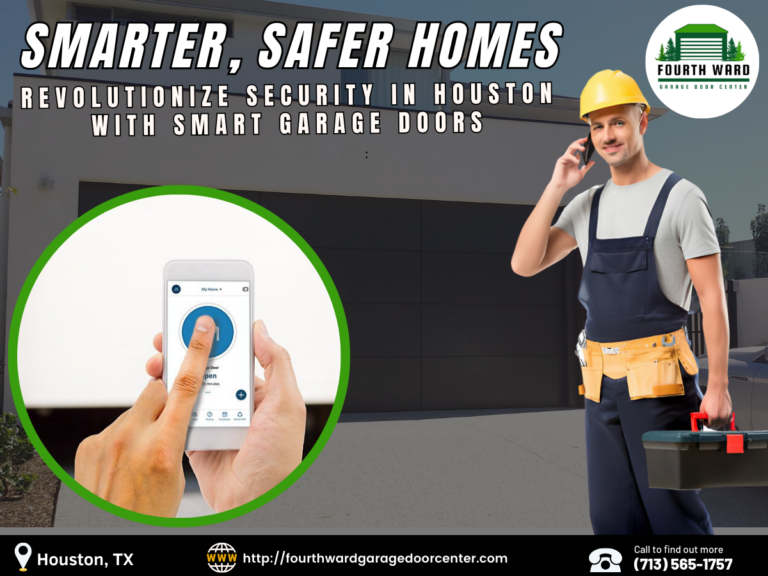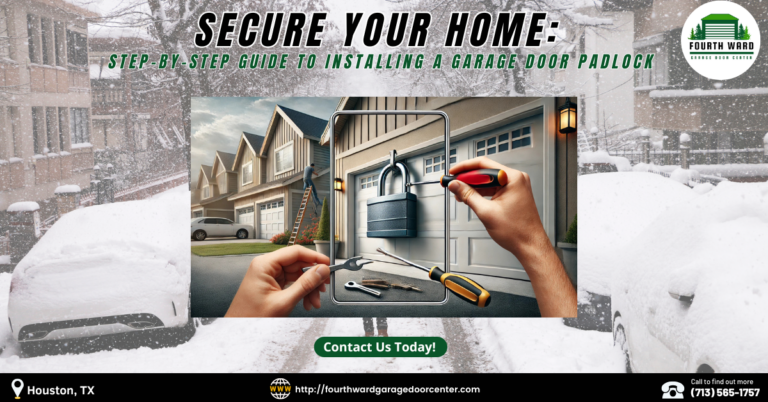Avoid fines and accidents by ensuring your garage door opener follows Texas safety laws. Learn about the latest compliance standards in Houston, TX.
Why Staying Compliant with Garage Door Regulations Matters
Your garage door is more than just an entry point—it’s a safety feature. In Texas, ensuring that your garage door opener meets safety regulations isn’t optional; it’s the law. This post covers the latest 2024 compliance standards and helps you stay on the right side of state laws to avoid accidents, fines, and unnecessary repair costs. Whether you’re planning a garage door replacement or seeking garage door repair in Houston, TX, this guide provides everything you need to know.
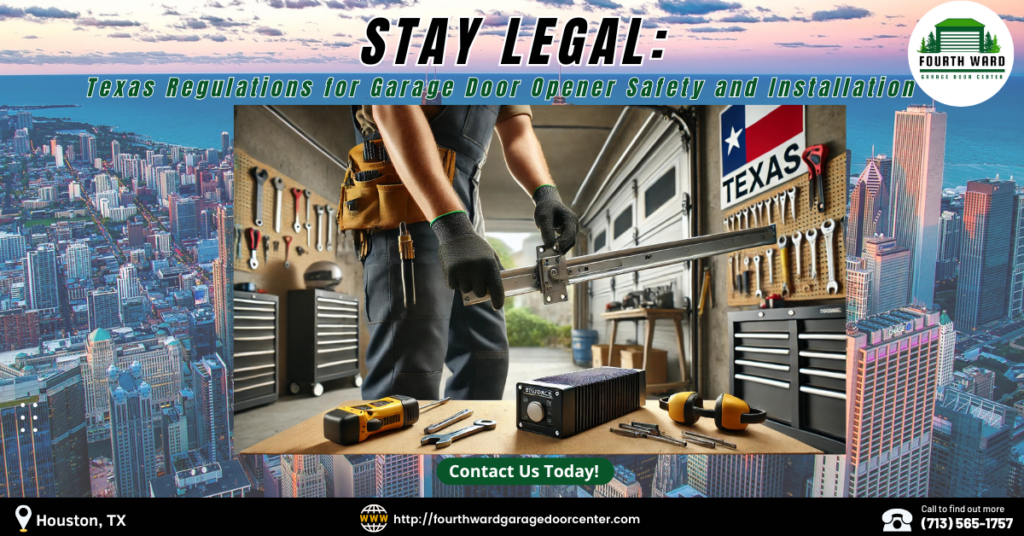
Key Texas Regulations for Garage Door Opener Installation and Safety
1. Safety Sensors: Non-Negotiable Compliance
Since federal regulations align with Texas laws, all garage doors must include photoelectric sensors that prevent the door from closing on objects or people. These sensors, required under UL 325 standards, are critical for avoiding injury and ensuring the door reverses upon detecting obstructions.
Automatic reversal systems must be tested regularly to maintain compliance, especially for residential garage door repair and commercial garage door repair projects. If your sensors aren’t working properly, get your garage door opener repaired immediately to avoid legal risks and accidents.
2. Permits for New Garage Door Installations and Repairs
In Texas, a building permit is mandatory for any garage door installation or repair that costs over $1,000. This ensures the work follows the latest International Residential Code (IRC) and other state guidelines, which emphasize safety and wind load resistance. Even if your jurisdiction waives certain permits, you are still responsible for following code regulations during installations.
3. Structural and Wind Load Requirements
In regions prone to hurricanes—like Houston—wind-resistant garage doors are a must. New doors must include labels showing their design wind pressure ratings, in compliance with ASTM E330 or DASMA 108 standards. This regulation helps prevent structural damage during storms, safeguarding your home or business.
How to Ensure Your Garage Door is Up to Code
- Test Sensors Regularly: Ensure the photo-eye sensors work properly and the door reverses if an obstruction is detected.
- Schedule Inspections Annually: Preventive maintenance can address minor issues before they require emergency garage door repair.
- Hire Licensed Professionals: Complex jobs like garage door installation or spring repair should only be handled by certified technicians to meet compliance standards.
FAQs: Common Questions About Garage Door Regulations in Texas
Q: Do I need a permit for every garage door repair?
A: No, but repairs costing over $1,000 or those involving major structural elements require a permit.
Q: What happens if my garage door sensors stop working?
A: You risk legal liability and fines if the sensors aren’t repaired quickly. Call a professional for garage door opener repair to stay compliant and safe.
Enjoy Houston Safely: Trust Fourth Ward Garage Door Center
After making sure your garage door meets all safety standards, why not explore Houston’s vibrant city life? Take a trip to Discovery Green or enjoy a day at the Houston Museum District. With Fourth Ward Garage Door Center, you’ll have peace of mind knowing your garage door works safely, so you can focus on enjoying everything Houston has to offer.
Stay Safe and Compliant—Schedule Your Inspection Today
Don’t let compliance slip through the cracks. At Fourth Ward Garage Door Center, we specialize in ensuring every installation and repair meets Texas safety laws. Whether you need residential garage door repair, garage door replacement, or fast emergency garage door repair, we’re here to help.
Call us today to schedule a free safety inspection and ensure your door meets all 2024 standards. With our expert team serving Midtown, Montrose, and beyond, you’ll stay protected and compliant year-round.
